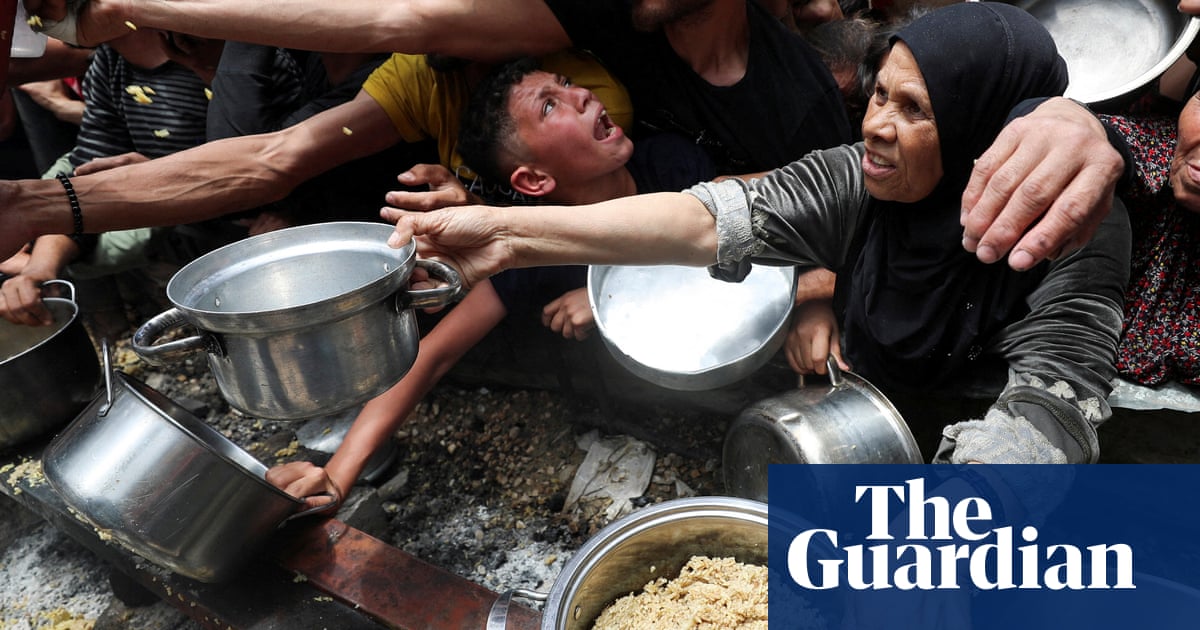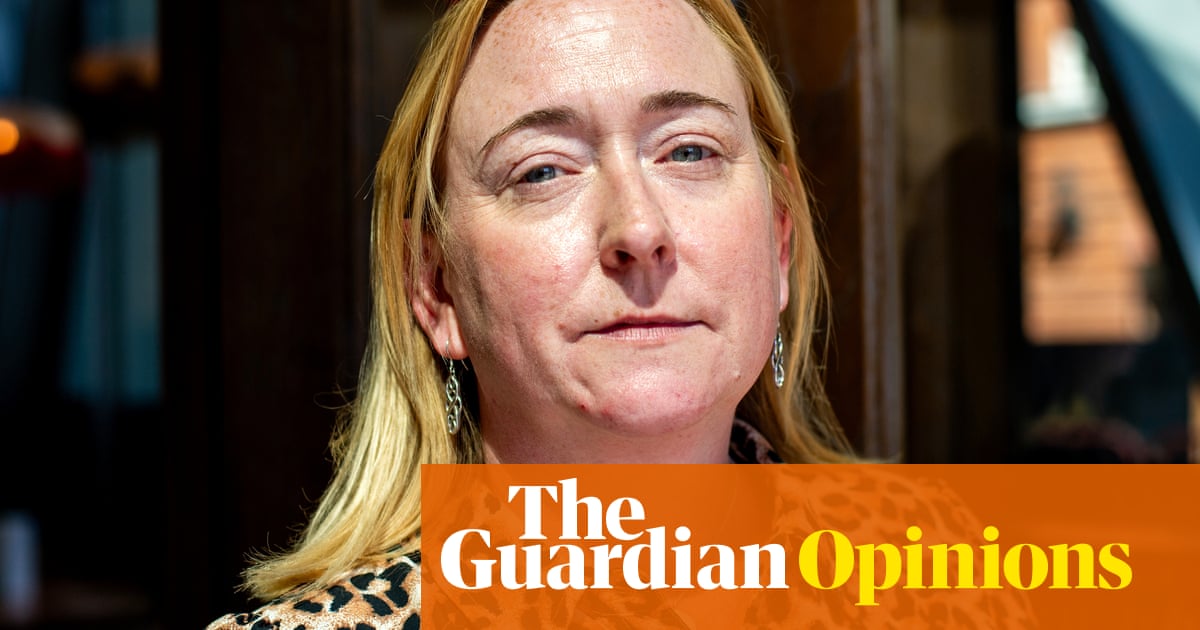Macmillan Cancer Support has axed a quarter of its staff, downgraded its helpline and scrapped its flagship financial hardship scheme that provides millions of pounds in grants to thousands of patients, the Guardian can reveal.
The UK’s most popular charity says a “tough financial climate” has led to it making drastic changes to safeguard its future and ensure it can still support the most vulnerable cancer patients.
But a Guardian investigation raises questions over how Macmillan ended up in this position and how the closure of its 100-year-old hardship scheme will affect those patients most in need of support.
The investigation found:
-
50,000 low-income cancer patients a year with less than £1,000 in savings will lose access to £200 hardship grants with the closure of the scheme.
-
Macmillan has spent £100m more than it raised over the last six years.
-
In 2023, spending on wages and salaries surged to £80m, up by almost one-fifth (18%) from £68m in just 12 months.
-
In 2024, Macmillan told 1,200 staff – about 60% of its workforce – they were at risk of redundancy, with 431 leaving.
Demand for Macmillan’s support and advice, as the UK’s top cancer support provider, is rapidly expanding. The number of people diagnosed with cancer has soared amid better awareness of symptoms, successful NHS initiatives to spot and treat cancer earlier, and a growing and ageing population.
Macmillan, created 114 years ago, also plays a key role in NHS provision, funding 11,000 specialist cancer nurses and care workers, and providing specialist financial and emotional support to more than 130,000 people with cancer each year.
The charity says the tough financial climate has forced it to make major cuts to its workforce and services to secure its “long-term financial sustainability”.
In 2018, Macmillan’s board agreed to maintain spending on services despite flatlining income from donations. By regularly drawing on reserves over the next six years it was able to spend £100m more than it raised from the public and corporate sponsors.
Although still one of the UK’s most successful fundraisers, by 2023 donations were failing to keep pace with rising costs and demand for cancer support. The last annual figures show its £232m income was dwarfed by £265m spending.
Macmillan is also likely to face questions over its decision to axe its vital hardship grants scheme. It was introduced 100 years ago, when the charity – then the National Society for Cancer Relief – introduced handouts for medical fees, nursing care, clothing, artificial limbs and hot water bottles.
The last annual figures show Macmillan distributed £17m via one-off £200 payments to low-income cancer patients to help them with transport costs for hospital visits or heating bills.
The grants are means-tested – only households on very low incomes with savings of under £1,000 are eligible – and their value has shrunk in recent years from £350 to £200 as demand has soared.
Macmillan says it will continue to support “the most vulnerable people with cancer” but has not specified how it will do so or who exactly would remain eligible for financial help in the future.
The scheme is the UK’s only national cancer hardship fund, the Guardian found. Scrapping it will affect thousands of the country’s poorest cancer patients, at the same time as the UK experiences record levels of destitution and deep poverty.
A breast cancer patient featured on Macmillan’s website, Laura, spoke of her “complete disbelief” when she was told she could get a £200 grant. “I cried so much but this time with happiness. I could pay my rent this month and be able to buy some oil for heating.”
A second patient, Linda, diagnosed with breast and kidney cancer, said the grant enabled her to keep the heating on as she recovered from surgery. “Though I was signed off work on sick pay, it wasn’t enough to cover the higher costs of heating my home, so the grant really did make a difference.”
Cuts to Macmillan’s helpline teams will see fewer phone operators and reductions in the level of specialist financial advice and emotional support they can give to callers.
Macmillan said that like many charities, it had felt the impact of the financial climate and had made changes to help refocus its resources, and to secure its long-term financial sustainability.
The charity confirmed it had put 1,262 people at risk of redundancy, of whom 239 took voluntary redundancy and 174 were made redundant. A spokesperson said: “We had to make some very difficult decisions including reducing the size of our organisation by 26%.”
Macmillan’s aim was to support more cancer patients, the spokesperson added. “To do that with less money and a smaller team, we must focus on developing the services which we can scale up to meet growing need. We’ve reviewed all of our services, including the grants we offer where demand far outweighs the funds we have, and made the difficult decision to close this offer.”
The spokesperson added: “Throughout, we have tried to minimise disruption for people with cancer.” Macmillan was now in a “strong financial position to continue to offer vital support to people with cancer into the future”.

.png) 2 months ago
32
2 months ago
32

















































